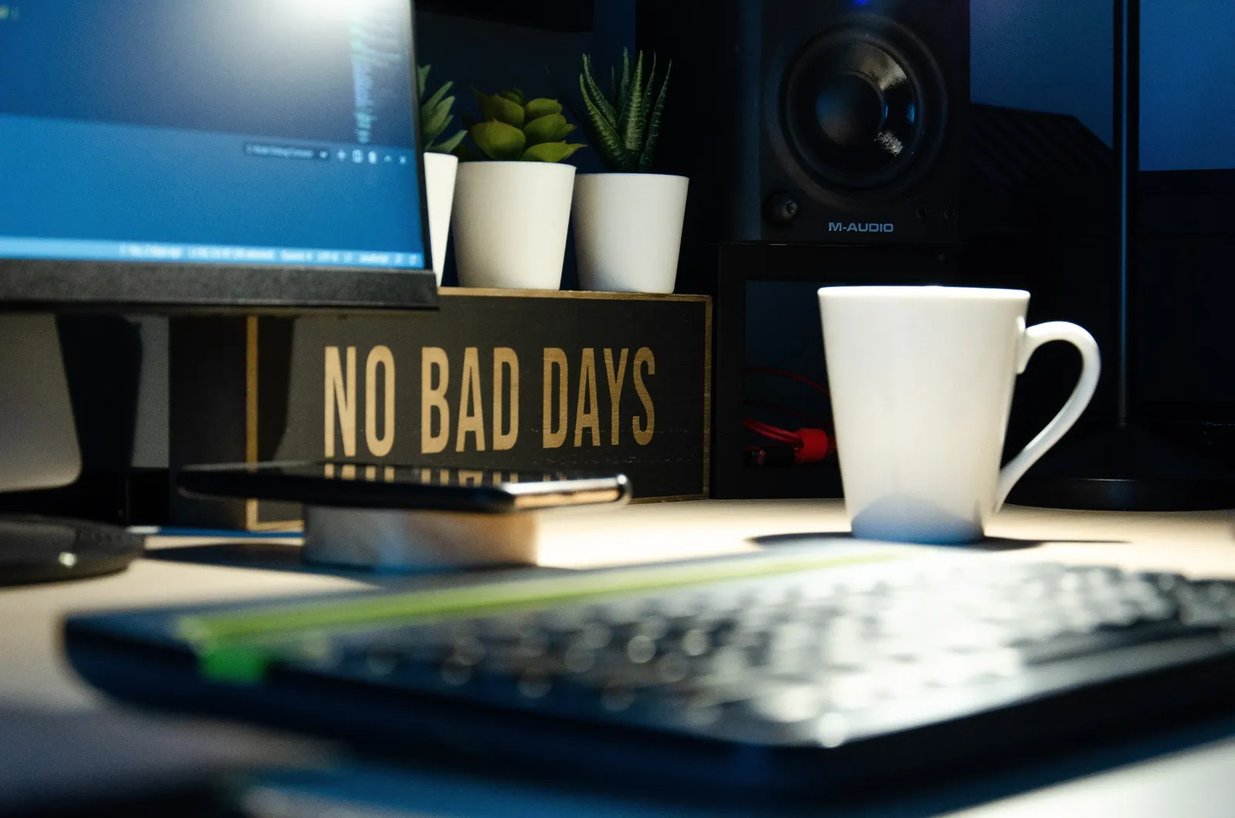
Lukasz Karwacki
17 April 2023, 6 min read

I am looking for Python developers. Have you got anyone available asap? That’s what we often hear from our prospective clients - they have an urgent need to add capacity to their engineering team, and, in addition to running in-house recruitment, they start looking at software development companies with the hope of finding good, vetted developers fast.


